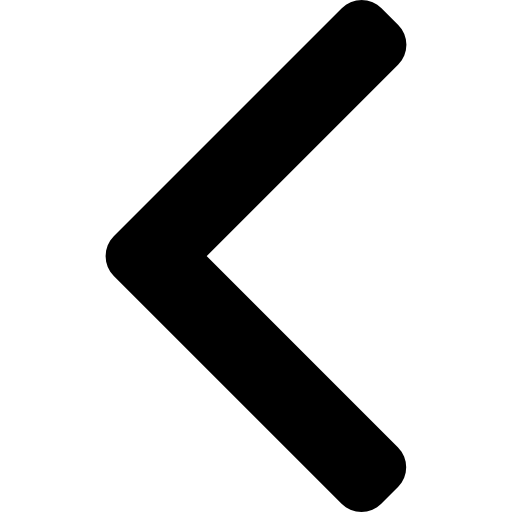Breast or bottle feeding? All advantages and disadvantages in a row

When your baby is born, his diet will only consist of milk for the first few months. During pregnancy you have probably already thought about which food you want to give your baby. Some mothers are very firm in their choice to breast or bottle feed, while other mothers prefer to leave all options open. Whatever your choice, whether you opt for the bottle, breast, expressed milk or formula, there is no right or wrong. What matters is the love and attention with which you do it. In this guide, we list all the pros and cons to help you make the choice that works best for you and your family.
Breastfeeding benefits
- Breast milk naturally contains antibodies that strengthen your baby's immunity against viruses and allergies.
- You always have your milk with you everywhere you go. So no hassle with taking along and boiling bottles and teats.
- Your breast milk is completely tailored to your baby. As your baby gets older, the composition of breast milk changes along with your baby.
- Breastfeeding is free. And who doesn't like free?
- Breastfeeding is easier to digest than bottle feeding. As a result, your baby has less chance of constipation and spitting up.
- Breastfeeding promotes physical recovery after giving birth, such as reaching your pre-delivery weight more quickly and shrinking your uterus.
Disadvantages of breastfeeding
- Breastfeeding is not self-evident. It often takes a while before you and your baby are in a nice flow.
- Only you can feed your baby. This can be quite tough, especially in the first months when your baby is still drinking regularly at night.
- Your milk production largely depends on your physical and mental condition. For example, if you are not feeling well, your milk production may decline.
- You never know exactly how much your child has drunk.
- If things don't go as planned, you may suffer from sore breasts, cracked nipples or a breast infection.
- You can't just eat and drink anything. Everything you ingest passes through your breast milk to your baby. A healthy and varied diet when you are breastfeeding is therefore recommended.
Advantages of bottle feeding
- Today's bottle feeding is of high quality. It has to meet a lot of quality requirements before it ends up on the shelves.
- You know exactly how much your child has drunk. You don't know this when breastfeeding, unless you're pumping, so you have less control over the amount of food your baby is getting.
- Unlike breastfeeding, you don't have to worry about what you eat or drink.
- It is less stressful for your body and mind. It is easier to alternate feedings with, for example, your partner.
Disadvantages bottle feeding
- Bottle feeding is less well suited to your baby's digestion. This increases the chance of blockages.
- When you go out, you should always make sure you bring enough food, bottles and teats with you.
- Bottle feeding is relatively expensive.
- It does not have the unique composition of breast milk. As good as today's formula is, it does not have the unique composition and antibodies of breast milk.
- Making formula milk is a precise job. For example, the temperature must always be properly adjusted to your little one and you will have to boil bottles and teats daily.
Are you planning to breastfeed? You can easily rent a Medela Symphony breast pump through our #tinylibrary .















